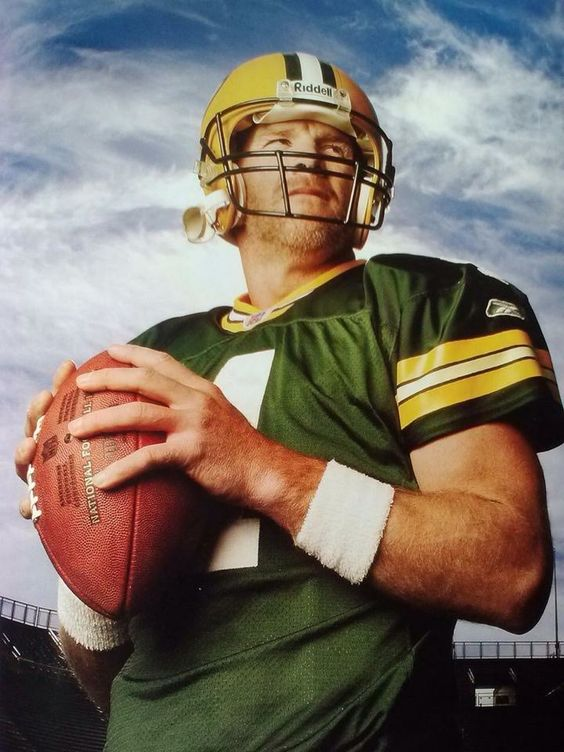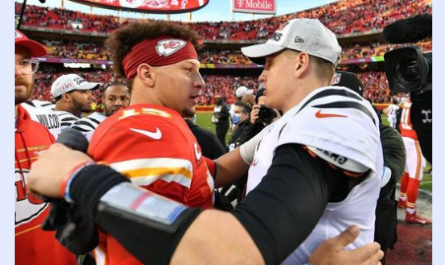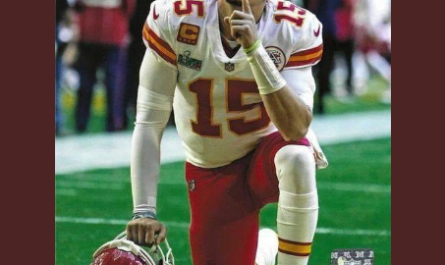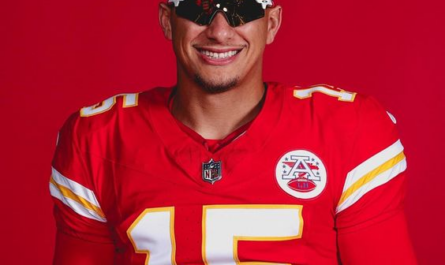Brett Favre: The Gunslinger Who Redefined Quarterback Play
Brett Favre left an indelible mark on the NFL during his legendary 20-year career. As one of the greatest and most durable quarterbacks to ever play the game, Favre shattered records and led his teams to great success. But perhaps his biggest impact was how he completely redefined what it meant to be an NFL quarterback. Before Favre, the position was seen more as a game manager role. But Favre brought a gunslinger mentality that pushed the limits and opened the door for the modern quarterback. Through his fearless playing style, improvisational skills, statistical dominance, and incredible longevity, Brett Favre changed the way the game is played under center.
Playing with Grit
When Favre entered the league in 1991 with the Atlanta Falcons, the quarterback position looked much different. Teams relied heavily on power running games and safe, short passing attacks. Quarterbacks were expected to avoid mistakes rather than take over games. Favre bucked this trend immediately with his willingness to let it rip downfield regardless of risk. Where other QBs may have checked down, Favre trusted his rocket arm to fit balls into tight windows. He played with a reckless abandon that was uncommon at the time.
“Before Favre, quarterbacks were seen more as game managers,” said former NFL quarterback Boomer Esiason. “They were there to hand the ball off, make a few safe throws, and not turn it over. Brett changed that mindset. He played with this fearlessness that was unheard of. He’d launch bombs all over the field and really put the team on his back.”
Favre’s gunslinger mentality helped usher in more aggressive passing attacks across the league. Defenses could no longer rely on conservative game plans, they now had to respect the deep ball on every down. This opened up more big play opportunities and kept secondaries honest. Future QBs coming up saw Favre and wanted to emulate his daring style that pushed the limits of what was possible in the air attack.
Emphasis on Improvisation
While Favre lived for those impromptu deep shots, what truly separated him was his ability to create off-script. When the initial play broke down, which was often behind Green Bay’s suspect offensive lines, Favre turned it into a positive. He could extend plays like few others, scrambling to buy time before firing on the run. Sometimes he’d completely abandon the play design and just freelance with his legs or arm to make something happen.
This level of improvisation was a game-changer. Defenses had to account for Favre not just executing the play call but completely going off the rails. “Playing against Favre was so frustrating because you never knew when the play was actually over,” recalled former Vikings defensive end Jared Allen. “He could extend it for what felt like five extra minutes until someone got open. It forced us to keep coverage tight for way longer than expected.”
Future mobile quarterbacks learned from Favre’s skills at making it up as he went along. Pocket passers added elements of improv too. NFL defenses had to adapt by placing more emphasis on spying the QB and maintaining coverage downfield longer than the designed play time. This evolutionary change at quarterback is still seen today with the likes of Patrick Mahomes, Aaron Rodgers, and Lamar Jackson excelling at off-schedule magic.
Statistical Dominance
When Favre hung up his cleats for good in 2010, he left behind a legacy as one of the most prolific passers in NFL history. He held the career records for passing touchdowns (508), passing yards (71,838), pass attempts (10,169), and interceptions (336). Those gaudy stats highlighted how Favre put the team squarely on his shoulders more than any QB before. He was going to win them games through the air, consequences be damned.
Seeing Favre sling it for 4,000+ yards and 30+ touchdowns season after season normalized elite quarterback production. Prior to Favre, only a handful of QBs had ever thrown for over 4,000 in a single campaign. By the end of his career, several signal callers were putting up those numbers annually. General managers and coaches around the league took notice – if you wanted to truly compete in the modern NFL, you needed a star at the game’s most important position who could light up the stat sheet.
This statistical revolution emphasized the passing game like never before. More resources and personnel were devoted to protecting the quarterback and getting him weapons. Offensive schemes became much more wide open and pass-first oriented. Favre showed the NFL that through relentless production, one player alone could will his team to victory more often than not.
Durability and Longevity
Perhaps most incredible about Favre’s career was not just his prolific stats over individual seasons, but how he maintained such a high level of play for two full decades in the league. Starting an NFL record 321 consecutive games and never missing a single start is a feat that may never be matched. At a position that often sees stars flame out or get injured, Favre was the ultimate iron man playing through all pain and adversity season after season.
He proved that quarterbacks could truly be the centerpiece of a franchise for nearly two decades if they took care of their bodies. Future QBs saw Favre setting the standard for durability in the league’s most dangerous job. Teams felt more comfortable building long-term around a signal caller, knowing they could reasonably expect a decade-plus of top level production, as long as he avoided the major injuries that can cut careers short.
Favre’s longevity changed how the quarterback lifespan was viewed. Before, most QBs fell off a cliff production-wise after 5-7 good years. But Favre gave hope that with hard work and toughness, a signal caller’s prime could be extended well into their late 30s. This allowed teams to rely on a single field general for an entire era of success, rather than feeling the need for constant rotation every few seasons.
Redefining the Position
While Favre’s gunslinger style certainly came with its share of interceptions and risks, his overall influence on changing the quarterback paradigm cannot be overstated. He showed future signal callers and offensive coordinators that the QB position was about much more than simple game management. With the right combination of fearlessness, arm talent, athleticism, and toughness – one player could truly take over a game through the air attack.
Defenses had to evolve from just focusing on stopping the run to accounting for a dynamic quarterback threat on every snap. The rules of the game opened up as more emphasis was placed on protecting passers and getting them weapons. Quarterbacks went from being an afterthought to the primary engine driving team success. Favre kicked off this new era of quarterback play that saw the position elevated to the spotlight of the league. His legend lives on today through the mobile gunslingers who learned from his example to let it rip without restraint. Brett Favre was truly the original quarterback rebel who transformed NFL offenses forever.



